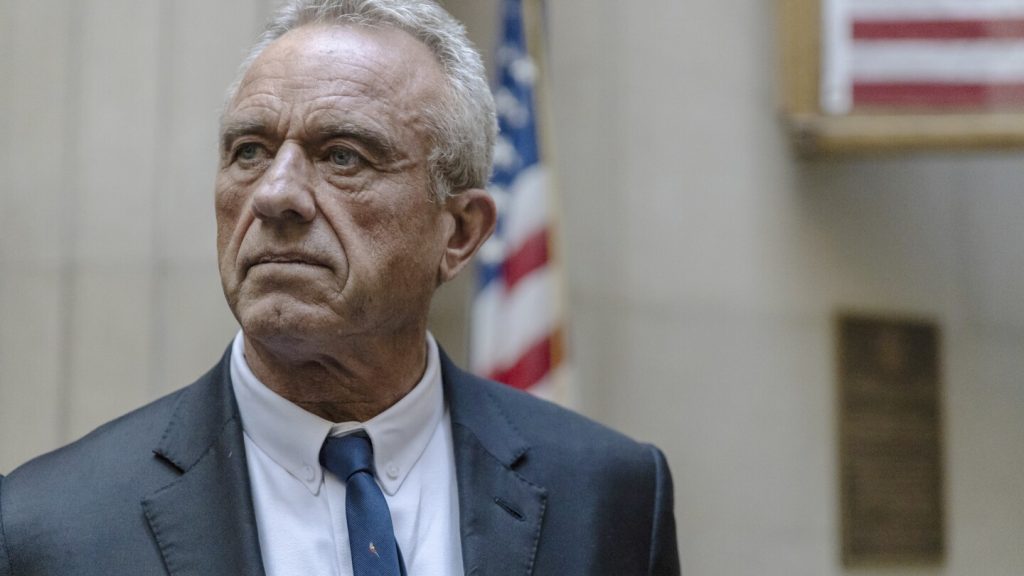Robert F. Kennedy Jr. faced legal battles on Thursday regarding his presidential campaign. In North Carolina, the elections board refused to remove him from the ballot, citing the lateness of his request. Meanwhile, an appeals court in New York upheld a decision disqualifying Kennedy for lying on election paperwork about his residency. Following these setbacks, Kennedy suspended his independent campaign and endorsed Republican Donald Trump. He sought to withdraw from states where the race is expected to be close while staying on the ballot in states where his presence would not impact the Trump versus Kamala Harris battle.
The midlevel appeals court in New York affirmed a ruling that Kennedy had falsely claimed to live in the state on his nominating petitions when he actually resided in California for several years. Despite having listed a New York address, evidence presented during trial showed that Kennedy had never actually lived at that location. Kennedy’s attorney in New York indicated plans to appeal this decision. In North Carolina, the elections board denied a request to remove Kennedy and his running mate from the We The People party ballot line, stating it was the party’s responsibility to formally seek their removal.
North Carolina officials stated that given the timing of absentee ballot mailings, it would be impractical to remove Kennedy from the ballot at that point. The first absentee ballots for the upcoming elections were set to be mailed soon, and the process of reprinting ballots would be complex and expensive. Despite suggestions from Republican board members that new ballots could be issued, the board ultimately decided not to remove Kennedy from the ballot, deeming it the fairest outcome under the circumstances. The decision was met with opposition from the state Democratic Party, who had previously fought We The People’s certification request.
Kennedy’s attorney in New York, Jim Walden, expressed intentions to appeal the court’s decision disqualifying Kennedy for lying about his residency on election paperwork. Meanwhile, back in North Carolina, the state elections board faced challenges in deciding whether to remove Kennedy from the ballot due to the timing of absentee ballot mailings. Despite the concerns raised about Kennedy’s false residency claim, the board ultimately decided to keep him on the ballot, citing practical considerations and the complexity of reprinting ballots. The decision was supported by the Democratic majority on the board, leading to further disagreements from Republican members and opposition from the state Democratic Party.


